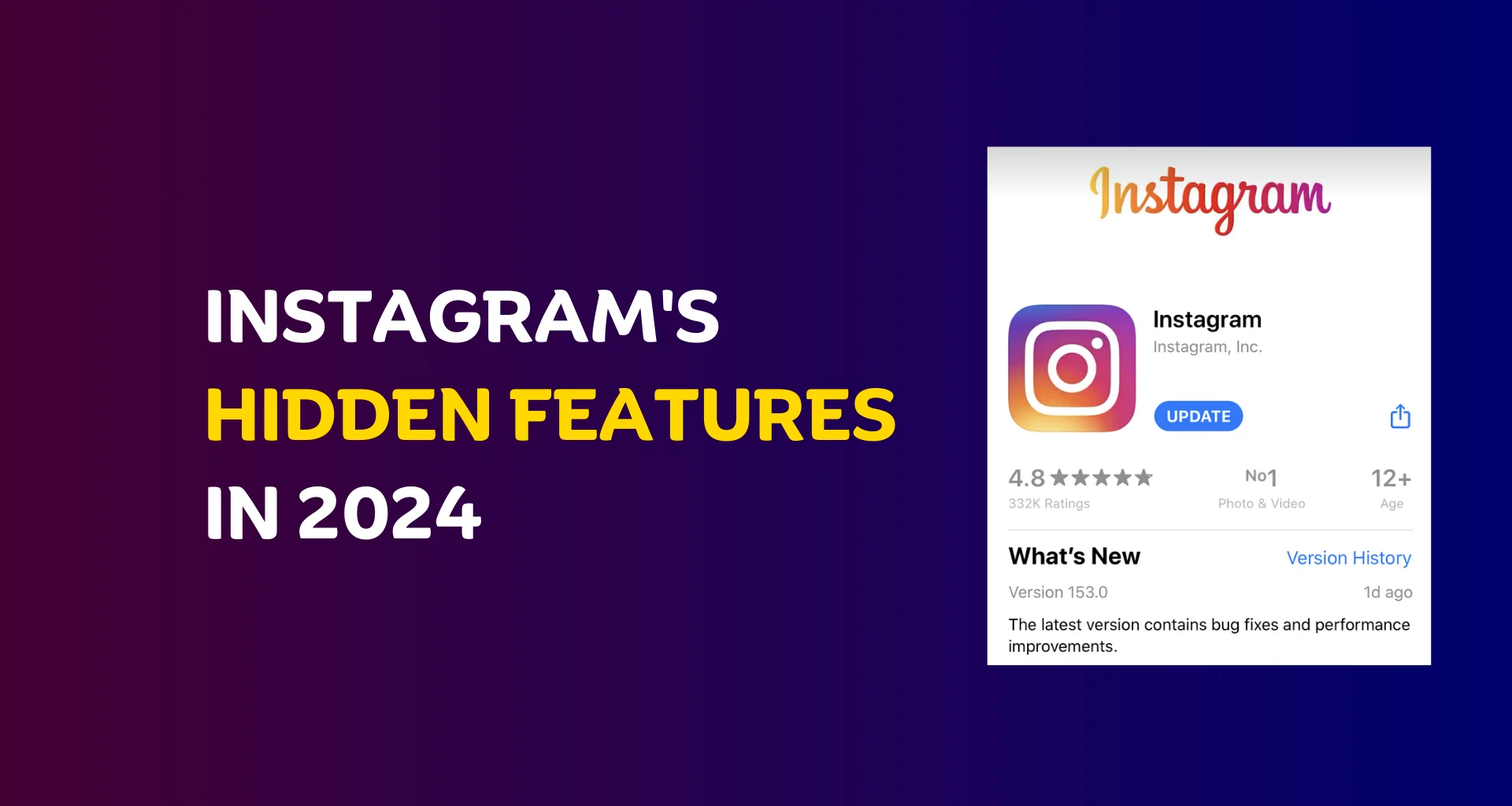In today’s world, social media has become an integral part of our lives. However, it also comes with some drawbacks such as scams and identity thefts. To protect your safety and security on social media platforms, we have shared some important strategies that will help you stay secure while browsing the internet. Join us as we teach you these strategies to safeguard your social media presence and surf the internet with confidence and peace of mind.
If you are wondering how to protect your online presence whether it is on social media or while surfing the internet, here are a few tricks and strategies that’ll help you protect your online presence.
What Should We Do to Guarantee Our Safety on Social Media First?
It’s crucial to have a good understanding of the online world, especially when it comes to social media. Every social media platform has its own unique set of rules, guidelines, and threats. Therefore, it’s important to get familiar with the platform you’re using right from the start. Make sure to learn about their privacy settings, complaint processes, and terms of service. Knowing this information is the first step toward ensuring your online safety and security.
Building a Stronger Social Barrier
Just as a castle is strengthened by its walls, your online safety relies strongly on your privacy settings. Follow these steps to fortify your social barrier
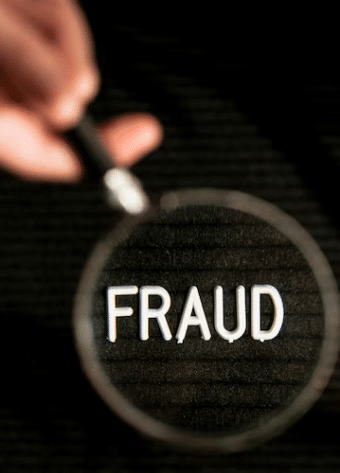
Privacy Settings: Customize your privacy settings to control who can see your posts, access your personal information, and send you friend or follow requests. Restrict access to only those you trust.
Two-Factor Authentication (2FA): Enable 2FA wherever possible. This additional layer of security ensures that even if your password is hacked somehow, an extra code or verification step is required for access.
Regular Password Updates: Change your passwords occasionally, and use strong, unique combinations of letters, numbers, and symbols. Password managers can help you keep track of them.
Beware of Third-Party Apps: Be cautious about granting access to third-party applications through your social media accounts. Review and revoke access to apps you no longer use.
Guarding Against Fraud and Scams
Fraud attacks and scams are the lurking dangers of the online world. These deceptive tactics can trick you into revealing sensitive information or clicking on malicious links. Here’s how to steer clear:
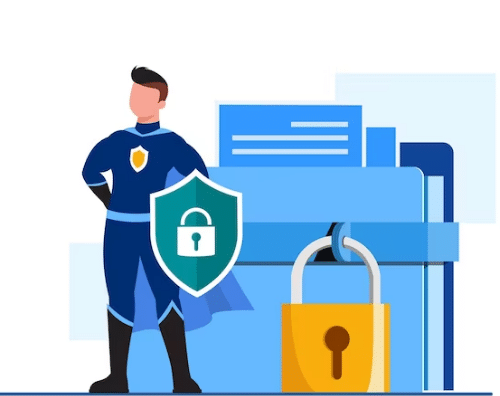
Be Skeptical: Approach anonymous messages, emails, or friend requests with skepticism. Verify the sender’s identity before taking any action.
Check URLs: Move your cursor of the mouse over links to preview the destination URL before clicking. Ensure it matches the legitimate website’s address.
Avoid Sharing Personal Information: Never share personal or financial information via direct messages or emails. Legitimate companies won’t request sensitive details in this manner.
Stay Informed: Stay updated on common scams and fraud techniques. Awareness is your best defense.
The Increased Awareness of Cyber Security
Cyber hygiene protects your online well-being in the same way that your hygiene protects your physical health. A good cyber safety routine includes:
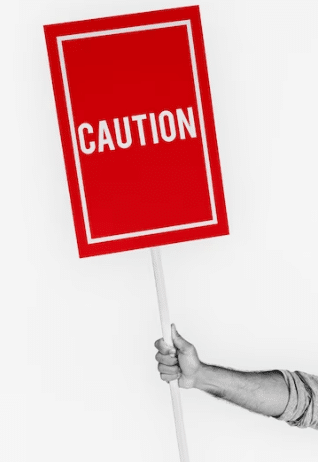
Regular Updates: Keep your computer’s operating system, applications, and antivirus software on your device up to date. Security patches are frequently included as part of updates.
Safe browsing: Be careful of clicking on links, particularly those published by unidentified parties or in suspicious situations.
Limit the sharing of personal information on your public profiles, such as the location of your residence, phone number, or financial information.
Reporting Suspicious Activity: Inform your platform’s authorities if you come across harassment, hate speech, or abusive content.
Why is Good Cyber Hygiene Important for Safety?
Cybersecurity helps prevent unauthorized access to your accounts, protecting your safety, just like washing hands to prevent illness.
Awareness of Social Engineering and Alertness
Fake Friendships and Impersonation are two common social engineering tactics that cybercriminals use to manipulate their victims. They often create fake accounts that appear legitimate, so it’s important to be cautious before accepting friend requests or interacting with unknown accounts. Make sure to check the legitimacy of accounts, especially those that claim to be associated with well-known people, companies, or brands, and look for badges of verification when required.
Moreover, cybercriminals often use psychological strategies to win your confidence or pity. Therefore, it’s essential to be cautious about requests for help or stories of sudden feelings. Finally, it’s important to teach young people about web-based grooming methods and the importance of keeping personal information private.
Being a Responsible Online Citizen
In the world of social media, your actions can have consequences not only for your safety but also for the safety of others. To be a responsible virtual citizen, you should follow these guidelines:
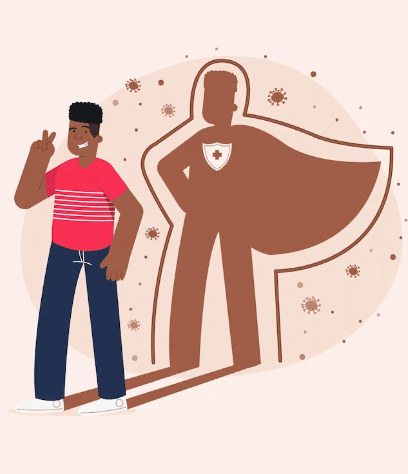
1. Respect Boundaries: Always be considerate of other people’s privacy and boundaries. Before sharing their pictures or information, make sure you have their consent.
2. Verify Information: It is essential to make sure that the news or information you share is accurate. Misinformation can quickly spread and have adverse consequences in the real world.
3. Promote Positive Behavior: Contribute to developing a positive online community by engaging in enjoyable conversations and refraining from bullying or hate speech.
4. Educate Others: Inform your friends and family members, especially those who might be less familiar with technology, about internet safety and security.
Conclusion
Though the internet and social media are great tools to promote your brand or services, they also have their downsides. It’s important to safeguard your online presence, and this is not just your responsibility alone, but rather a collective responsibility. By implementing the security measures we’ve taught you, you can protect yourself in the virtual world and surf with peace of mind. However, in the unfortunate event of identity theft or hacking, it’s crucial to immediately inform the relevant authorities, deactivate or delete the account, and inform your friends and family to prevent further damage.
It’s important to remember that online safety is a repeat process, rather than a one-time fix. The key is to stay informed, adapt to new threats, and educate others. By working together, we can ensure that our safety and security are always protected on the internet and social media.





